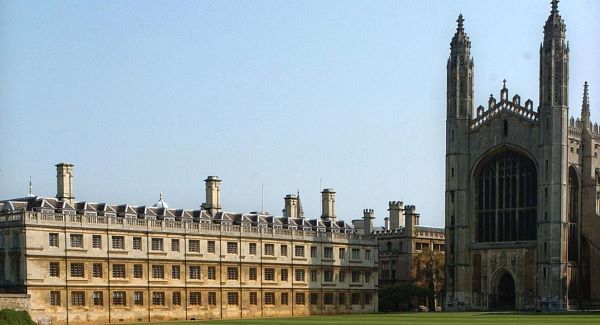Oxford and Cambridge universities are among major UK institutions marking the 100th anniversary of Ireland’s 1916 rising against British rule next year.
The Irish Government has also revealed plans for centenary celebrations at London’s Royal Festival Hall, the Barbican Centre, as well as venues in Birmingham, Manchester, Glasgow, Cardiff and other cities.
Foreign Affairs Minister Charlie Flanagan said the Ireland 2016 commemorations would involve more than 87 events in the UK throughout the year.
“The programme will take place in venues across Britain – from institutions of major cultural significance like the Southbank Centre, Wigmore Hall and the Barbican, to community spaces from Glasgow to Camden to Liverpool,” he said.
“This is an exciting and busy programme. It offers an occasion to reflect on what happened in Ireland a century ago and on its impact on relationships on these islands.
“These reflections will also acknowledge the richness and complexity of these historical events by focusing on their cultural, academic, economic and artistic strands, as well as the broader political narrative.”
The University of Oxford’s Bodleian Libraries will mark the anniversary of the Easter Rising from February with a two month display, called 1916: Responses To The Easter Rising.
It is also organising a web archiving project and a high-profile academic gathering in March on the tumultuous rebellion, which led to the partition of Ireland and independence for 26 counties.
Also in March, Churchill College Cambridge will host a three-day academic conference, called The Easter 1916 Rising In A Global Perspective.

Other highlights during the year include the Ireland 2016 concert at the Celtic Connections festival in Glasgow in January with The Chieftains and other guests.
London’s largest photography gallery, The Photographers’ Gallery, is putting on an exhibition, Easter Rising 1916, while the Barbican Centre is hosting an Irish traditional music extravaganza.
A flagship concert including Paul Brady, Andy Irvine, James Vincent McMorrow, Martin Hayes and Dennis Cahill is being staged at the Royal Festival Hall at the Southbank Centre in April.
An exhibition entitled Irish Culture In Britain is being put on at Wigmore Hall, one of Britain’s finest concert venues.
“Reaching out to and engaging with our Irish diaspora is a key strand of the 1916 commemorations, including recognising their contribution to Ireland over the last 100 years,” said Mr Flanagan, launching the programme at London’s Irish Embassy.
“Throughout 2016, the Embassy will ensure that the major events of that fateful year are reflected, whether they relate to Easter week in Dublin, the battlefields of the Somme or the trial of Roger Casement here in London.
“This is a moment of great opportunity to reflect on and advance further the productive journey of reconciliation on which our two countries have been embarked for some years now.”


